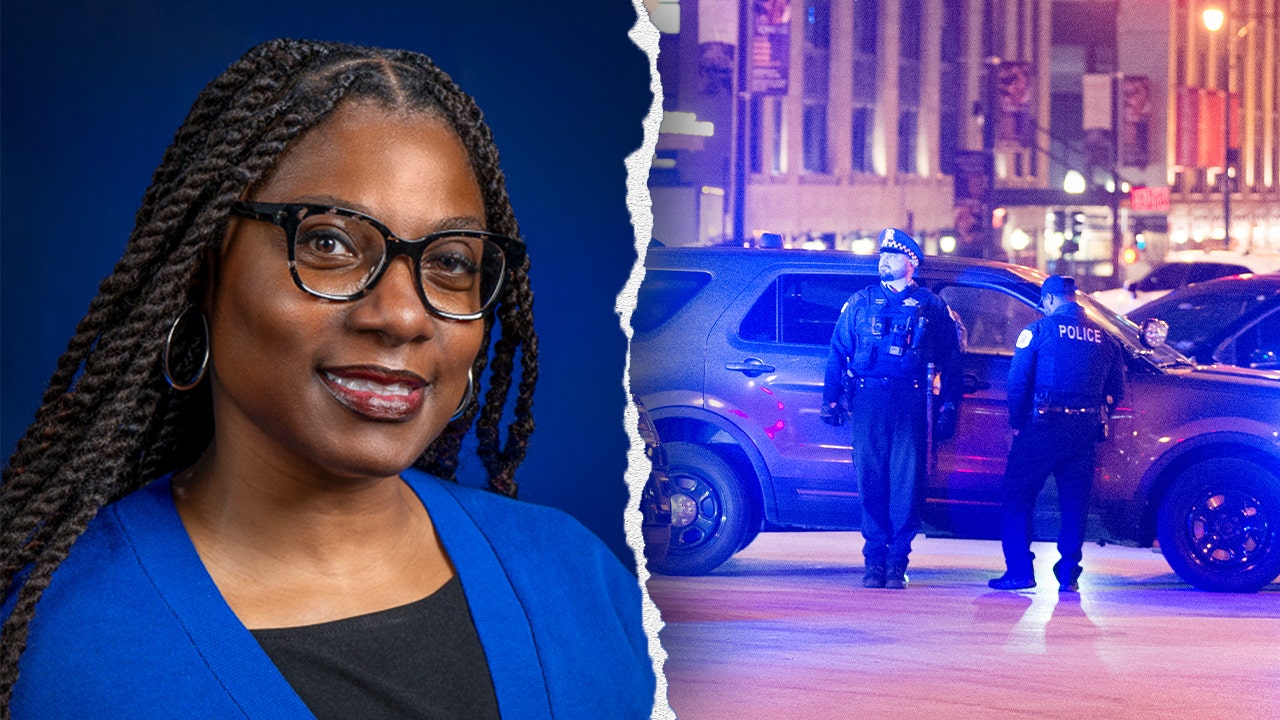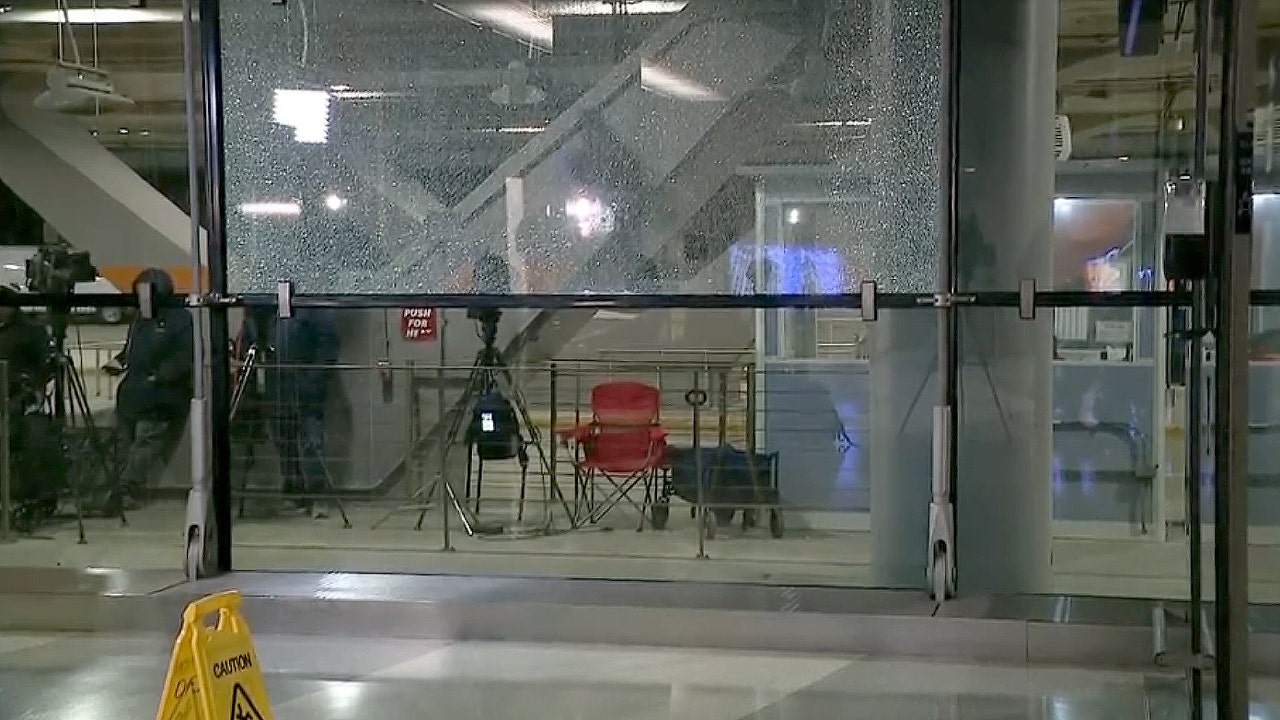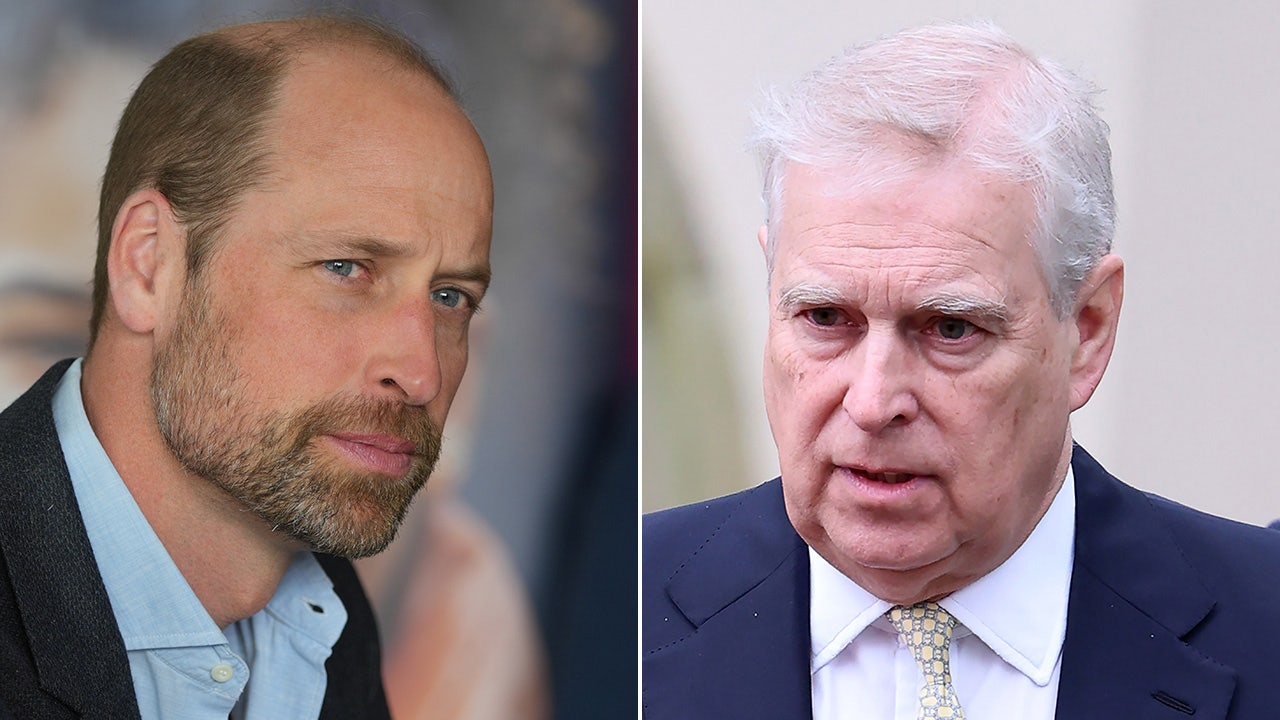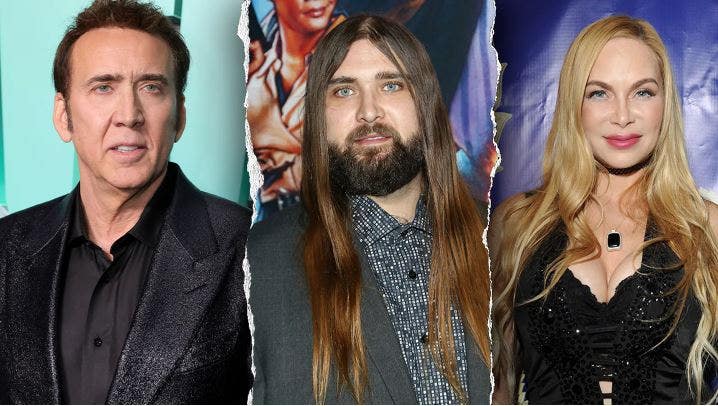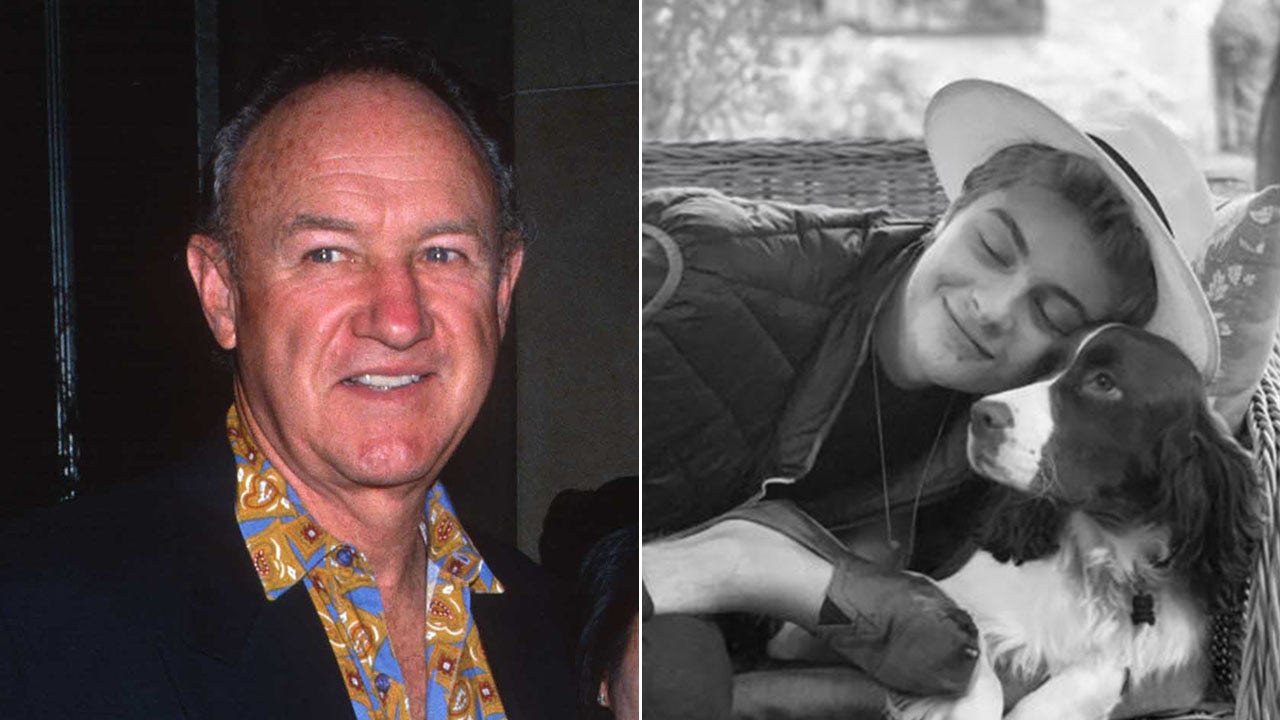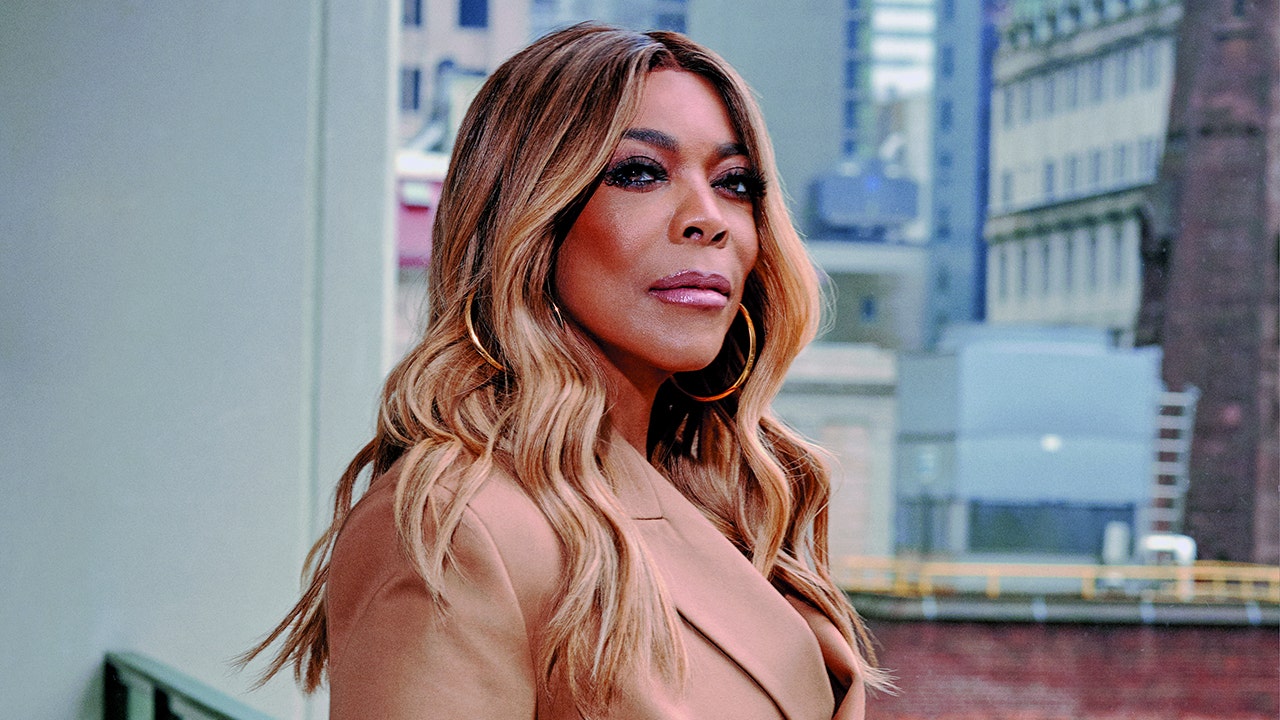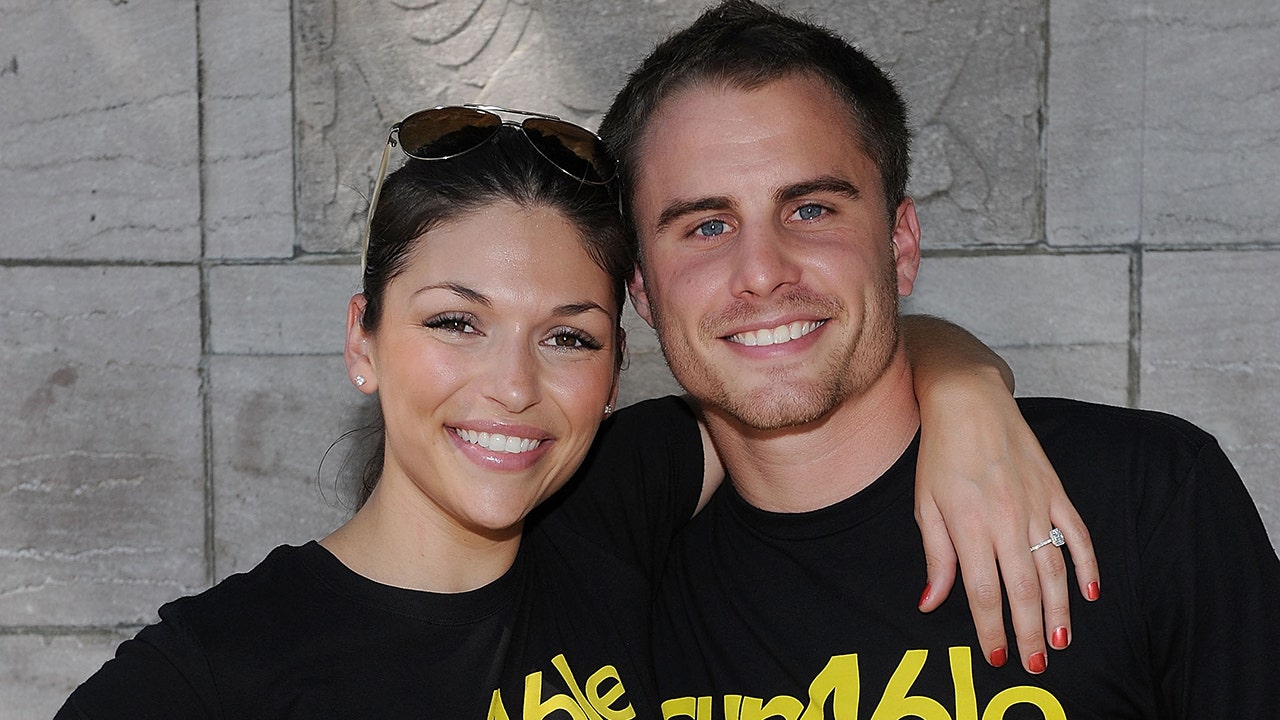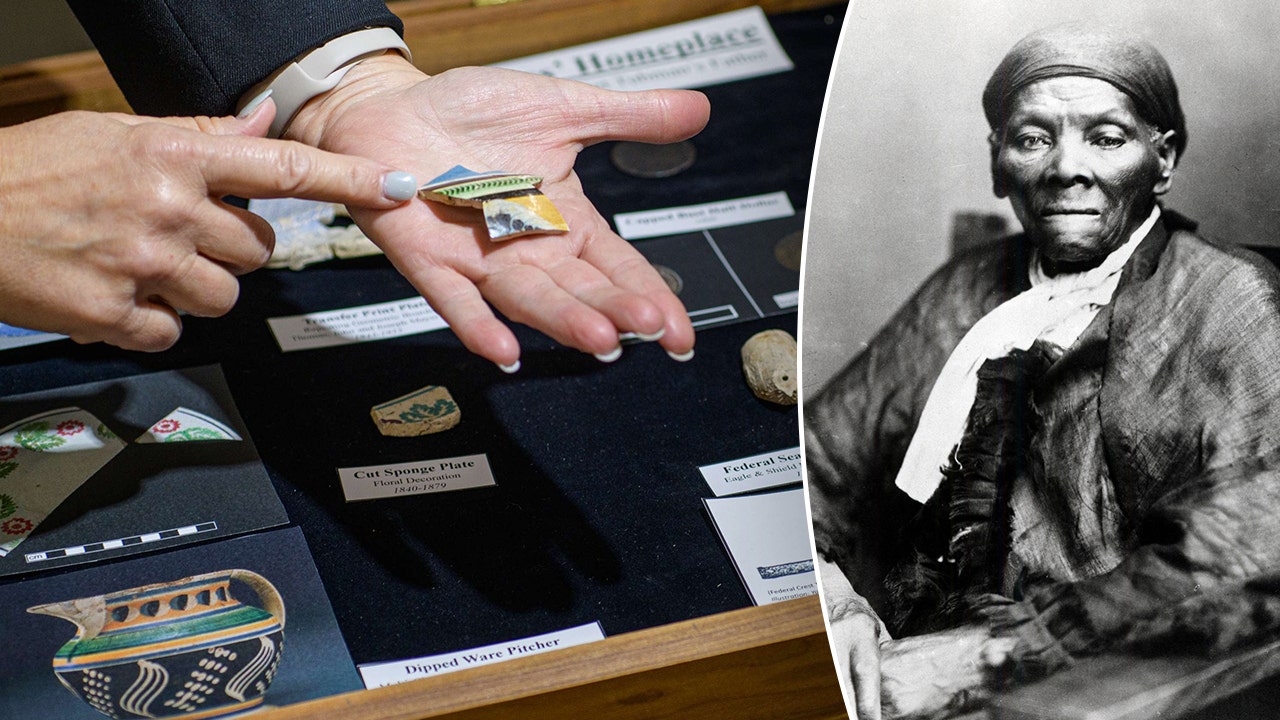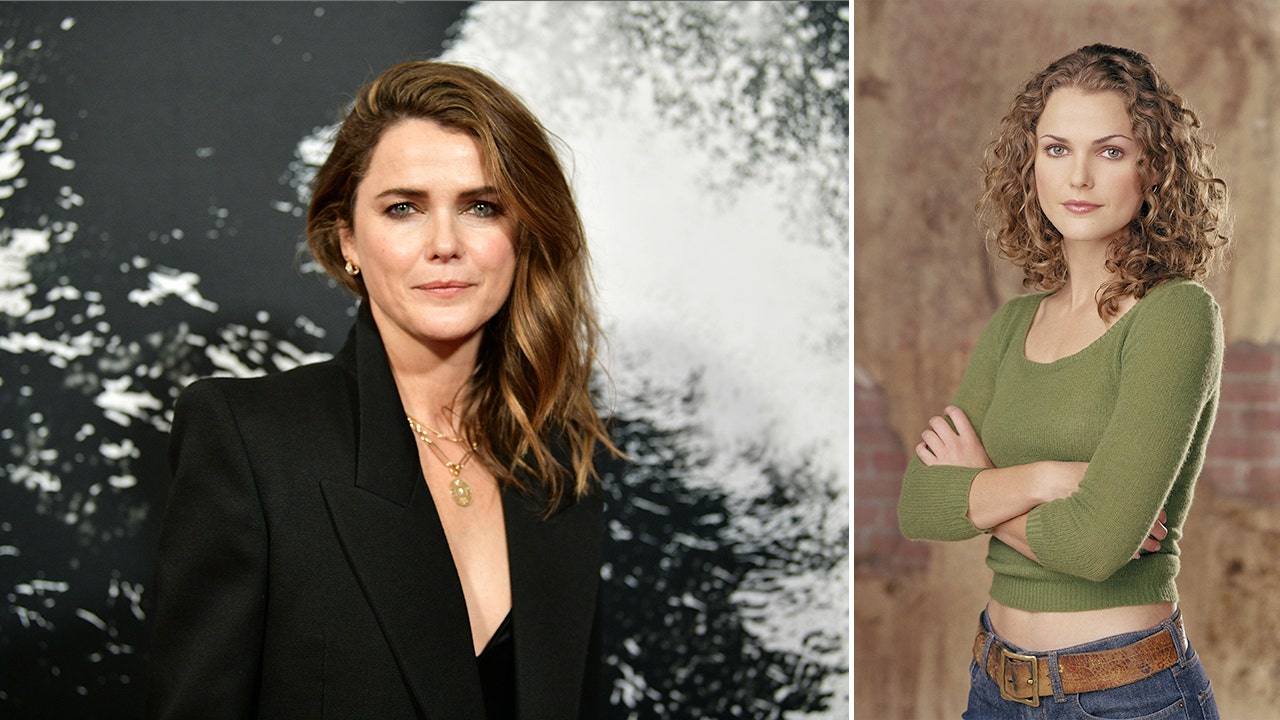Keri Russell O pens Up About Hollywood’s Most Challenging Aspect
Keri Russell doesn’t love everything that comes with being a famous actress.
“The Diplomat” star revealed the “worst” part of being in Hollywood after gaining fame in the mid-1990s.
“I hate being watched,” Russell admitted to Variety, her voice tinged with a sense of vulnerability. “Oh my God, it’s the worst. I had to do two photo shoots last week, so I had to drink a beer. I’m like, ‘Oh my God, they’re gonna be watching me.’ It’s my nightmare.”
The Reality Behind the Glamour
Russell achieved stardom through her role in “Felicity,” a seminal series that launched in 1998. This show captured the essence of youth and self-discovery, running its course over four captivating seasons, concluding in 2002.
However, even J.J. Abrams, co-creator of “Felicity,” had initial reservations about Russell fitting the role. He described the moment she walked into the audition—her presence was dazzling, almost overwhelming. “It was almost ridiculous,” he recounted, explaining how he envisioned his character as a reserved wallflower. “But she was so genuine and so funny,” he continued. “And whenever she would get emotional, literally, Matt and I would cry. It was like the most remarkable demonstration of mirror neurons ever. She got the part because she was so funny and truthful.”


Life Between Characters and Fame
Aside from her iconic role in “Felicity,” Russell also shines in films like “Mission: Impossible III” and “Waitress.” In 2013, she graced television screens once more as Elizabeth Jennings on “The Americans.” During that chapter of her life, she navigated personal upheavals, including her divorce from Shane Dreary and her blossoming romance with co-star Matthew Rhys.
“I was in love with Matthew,” she reminisced warmly, reflecting on their chemistry while portraying spies. “It was such a fun, sexy time. So fun, oh my gosh.”


Embracing Authenticity Over Perfection
Despite considering herself a “nervous performer,” Russell found solace on the set of “Felicity.” She fondly recalled the comfort of wearing baggy sweaters and minimal makeup, allowing her true self to shine through. “I watched the guest stars—beautiful women who had to wear girl clothes—and I saw how nervous that made them,” she expressed thoughtfully. “It’s much easier just to be in a big baggy sweatshirt and sneakers.”
Still, Russell appreciates beauty. “Don’t get me wrong,” she said. “I love the beauty of women, too, and I like dressing up and wearing makeup when I need to. But there’s so much more to being a girl than that.” She revealed how the freedom of those casual clothes encouraged her to embrace her intelligence and humor, reducing her anxiety on set.

While the world sees the glamorous facade of Hollywood, Russell’s reflections offer a poignant reminder: fame can be isolating. As she grapples with the scrutiny of public life, her journey illustrates the complexity of identity in an often superficial world. A new Keri Russell, shaped by experiences and choices, emerges—a woman who knows that true beauty lies in authenticity, not mere appearances.



